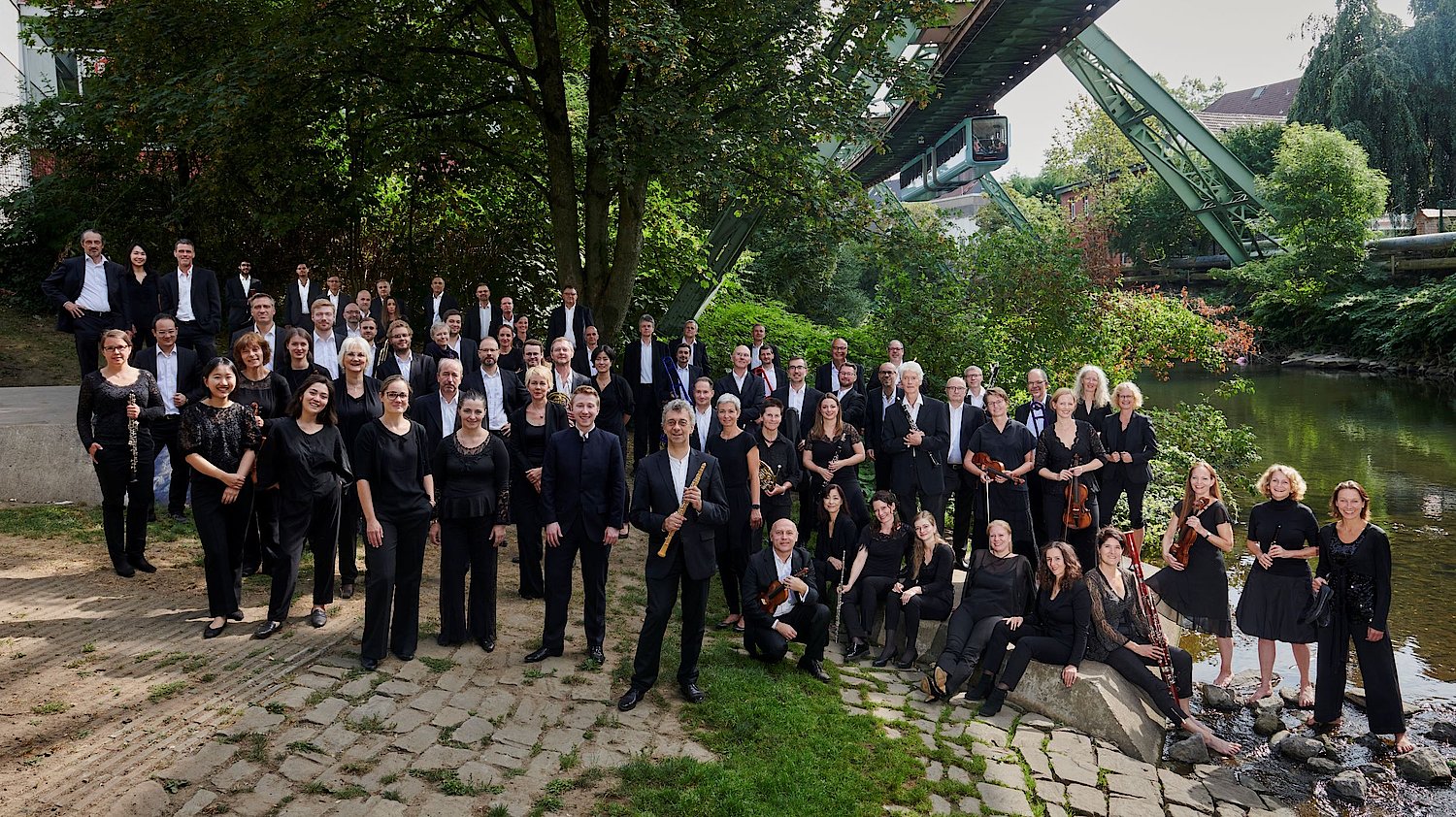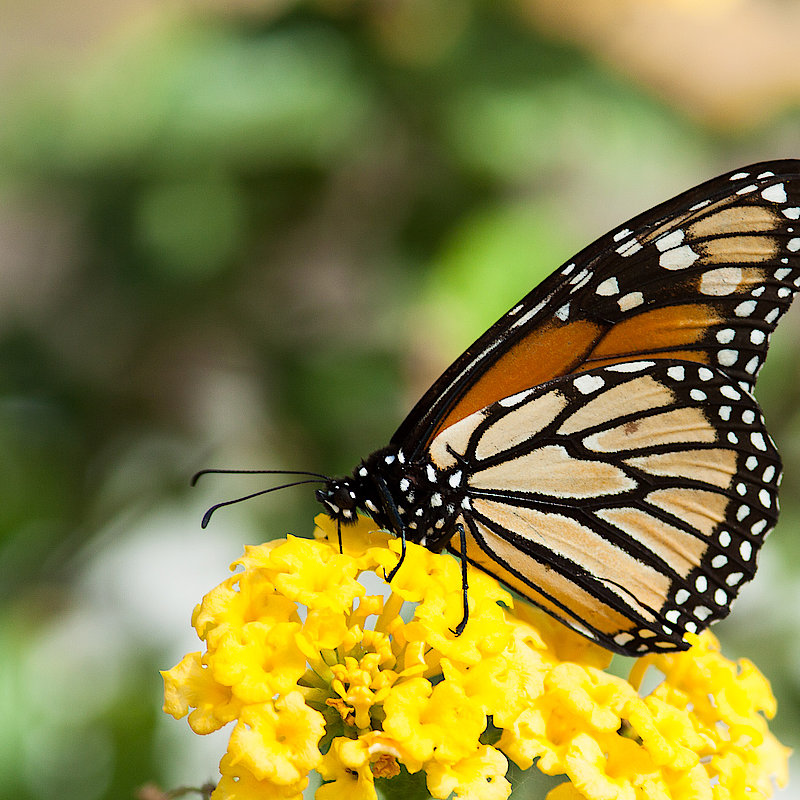Sinfonieorchester Wuppertal Musicians
The Sinfonieorchester Wuppertal (Wuppertal Symphony Orchestra) has enriched the cultural landscape of Wuppertal since 1862. Originally founded as the Elberfelder Kapelle, the orchestra quickly grew to become the largest orchestra in the Bergisches Land region and worked early on with great composers and conductors such as Clara Schumann, Johannes Brahms and Erich Kleiber.
Volunteer work has a long and glorious tradition in the Sinfonieorchester Wuppertal and beyond in the whole region of Wuppertal. Even the construction of the symphony orchestra's home venue, the Historische Stadthalle Wuppertal, was the result of civic involvement. It was inaugurated in 1900 by Richard Strauss, among others, and today the Great Hall is one of the most beautiful and best concert halls in Europe.
For more than 25 years, the members of the Sinfonieorchester Wuppertal have dedicated themselves intensively to music education with offers for schoolchildren, families, adults and senior citizens. One focus is on cooperation with partner schools and daycare centers. Since the summer of 2020, the orchestra has also been involved in the "Uptown Culture" project in Wuppertal's culturally diverse Nordstadt district, as part of the "New Paths" funding program of the state of North Rhine-Westphalia in the area of intercultural education.
As a cradle of early industrialization, Wuppertal has long been concerned with the negative consequences of human activity on the environment and nature. An example of this is the development of the river to which the city owes its name: the Wupper. A famous son of the city, Friedrich Engels, describes the Wupper in his "Letters from the Wupper Valley" as a river that meanders through the valley "sluggish and silted up" due to the many industrial effluents. Wastewater from dye works and other chemical industries killed nearly all life in the river. As recently as the early 1970s, the Wupper was one of the most polluted rivers in Europe. An extensive water protection program by means of numerous sewage treatment plants and a change of thinking in the industry improved the water quality in such a sustainable way that it is now possible to fish in the Wupper again. Since the wastewater has been treated, a change in awareness has taken place. People along the Wupper are increasingly committed to protecting and caring for the water. Large parts of near-natural, river-accompanying landscapes along the Wupper are now under nature conservation.
By joining the "Orchester des Wandels Deutschland e.V", we want to join this civic commitment to environmental protection and sustainability as musical ambassadors for Wuppertal. On the one hand, we would like to collect donations for the reforestation project on Madagascar through various formats, concert programs and other events in the city. On the other hand, we would like to draw attention to the topics of environmental protection and sustainability within our city and, through our commitment, help to bring these very issues into the midst of society and to promote awareness for the preservation of nature and the environment.

